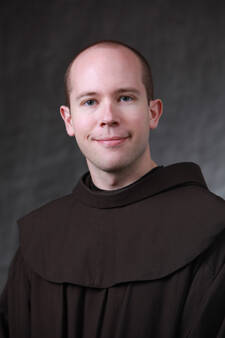On Dec. 10, 2013, the eyes, ears and hearts of the world were focused on Soweto, South Africa, on the occasion of a memorial service to remember the life and legacy of Nelson Mandela. Mandela will be remembered for a great many things, including his commitment to peacemaking and nonviolence in his later years. But in a way unlike Martin Luther King Jr. or Mahatma Gandhi, with whom Mandela will be remembered as a great world leader of liberation, Mandela’s relationship to nonviolence and peacemaking was especially complex.
As a Los Angeles Times article by Robyn Dixon, titled “Nelson Mandela’s Legacy: As a Leader, He Was Willing to Use Violence” (12/6), reminds us, Mandela once “embraced armed struggle to end the racist system of apartheid.” In the 1950s and ’60s, Mandela was convinced that the nonviolent efforts the African National Congress had adopted to fight the white supremacist regime were ineffectual. He and others trained for military action and established Umkhonto we Sizwe, the armed branch of the A.N.C., which was willing to use violence to reach its goals. Yet Mandela would not always maintain this stance.
Dixon reminds us: “Umkhonto we Sizwe abandoned its policy of violence in 1990 as negotiations on the dismantling of apartheid and the setting up of free elections continued. After his release, and on becoming South Africa’s chief executive in 1994, Mandela adhered to the commitment to peace, tolerance and equality that became the hallmark of his presidency.”
Nelson Mandela’s story is not about embracing radical nonviolence from the outset. It is about conversion to nonviolence. His is a story that offers hope for those who believe that they cannot let go of the necessity of violence in our world. His is a story that encourages us, especially those who bear the name of Christ, to give nonviolence a chance.
Nonviolence is often viewed as impossible, an unrealistic dream of the naïve and foolish, particularly in an age marked by drones, nuclear weapons and diffuse terrorist networks. This sort of logic is what led the young Mandela to endorse taking up arms. It was this sort of logic that led U.S. Secretary of State John Kerry last September to write off his own suggestion that President Bashar al-Assad of Syria could avoid violent intervention from the international community by “[turning] over every single bit of his chemical weapons to the international community in the next week.” Kerry expressed his incredulity: “But he isn’t about to do it.”
However, there are prophets who continue to cry out in the wilderness of our 21st-century world on behalf of nonviolence. Pope Francis, for example, called both Christians and people of good will alike to join him in a prayer vigil for peace in Syria on Sept. 7, 2013. During that day of prayer and fasting, Pope Francis spoke in St. Peter’s Square: “We have perfected our weapons, our conscience has fallen asleep, and we have sharpened our ideas to justify ourselves as if it were normal we continue to sow destruction, pain, death. Violence and war lead only to death.”
Pope Francis, who has been nominated for the Nobel Peace Prize by the government of Argentina for this nonviolent witness and its result, challenges the world to follow in the spirit of Mandela’s own lifelong conversion toward peace and nonviolence. What seems impossible and illogical might just be our own unwillingness to take seriously the Gospel imperative of peace. Pope Francis asked during the peace vigil: “Can we get out of this spiral of sorrow and death? Can we learn once again to walk and live in the ways of peace?” And he offered a Gospel response: “I say yes, it is possible for everyone. From every corner of the world tonight, I would like to hear us cry out: Yes, it is possible for everyone!”
Pope Francis’ challenge to us is to return to the Gospel and embrace nonviolence as the way to be peacemakers and reconcilers. Nelson Mandela’s life story illustrates the possibility of this conversion. The logic of violence has had its reign for long enough. Can we too give nonviolence a chance?








